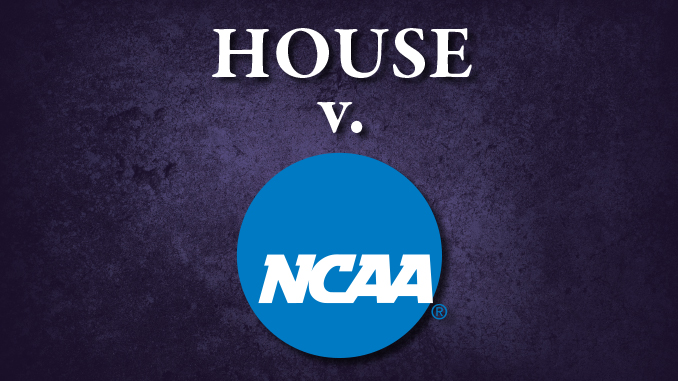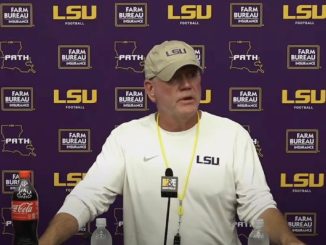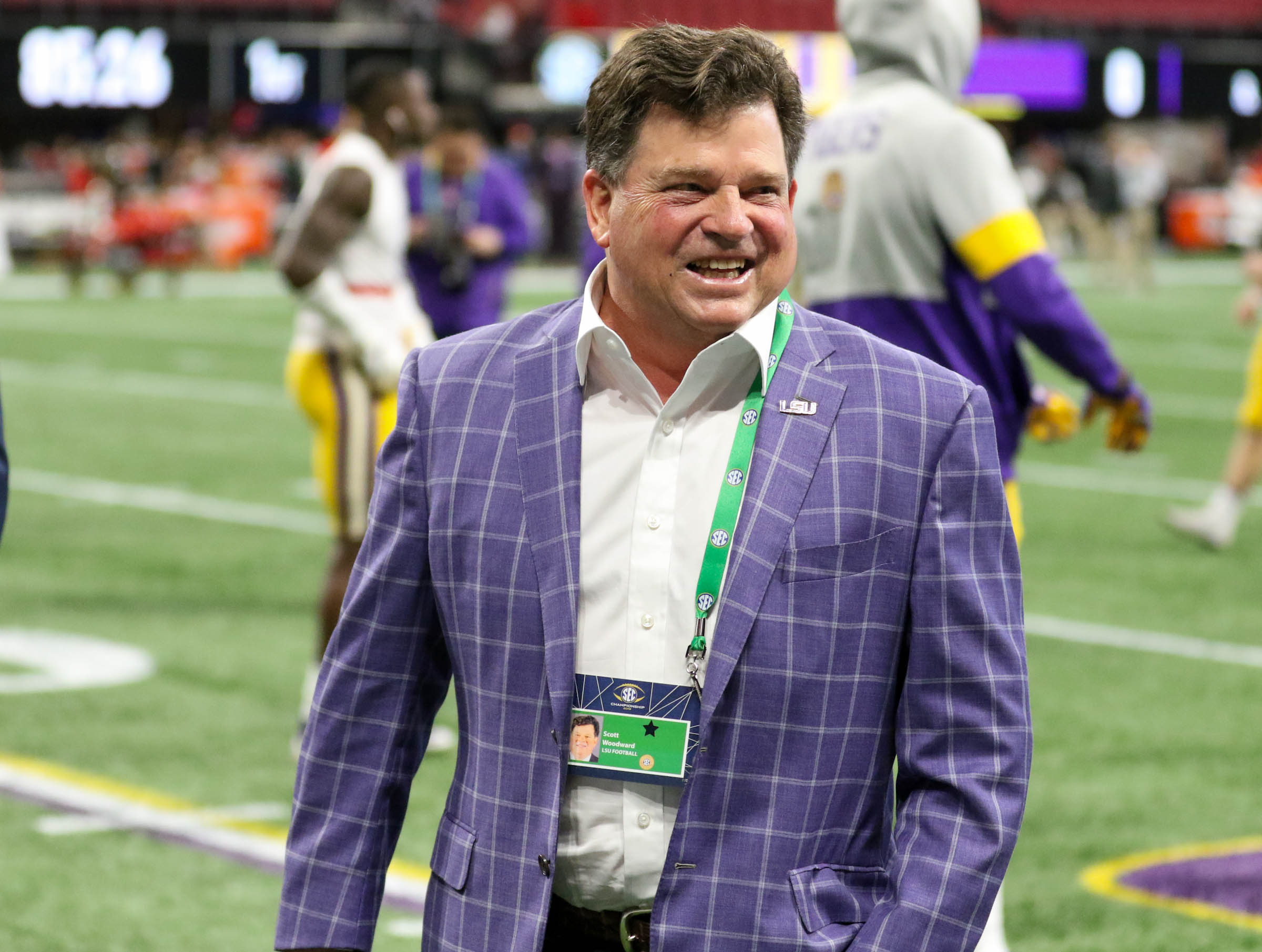
A judge has asked lawyers in a key settlement to “start over.” This deal could change college sports. The judge’s concern? It might stop boosters from funding athletes.
Judge Claudia Wilken turned down the initial approval for the House v. NCAA antitrust settlement. She had issues with key parts of the agreement. Notably, it suggested limiting booster funding to “valid business purposes.”
ESPN reports that booster groups have found ways to pay athletes, claiming it’s for using their name, image, or likeness. However, these payments often act like salaries. The settlement terms would make it easier for the NCAA to stop such payments.
“What shall we do with this?” Wilken asked. “Taking things away from people is often not well-received.”
She has given the lawyers three weeks to talk. They need to decide if they can fix the deal or if they should start over. Rakesh Kilaru, the NCAA’s lawyer, said new rules for booster groups are vital.
“If those rules are not included, I am unsure if a settlement can be reached,” Kilaru said.
Jeffrey Kessler, a lead lawyer for the plaintiffs, agreed with the judge about removing certain language.
“We are content with these changes. Now it’s up to the NCAA. Hopefully, they will agree,” Kessler said. “If the deal falls apart, we will proceed with a trial. If they choose to face that, it’s their decision.”
The deal requires the NCAA to pay about $2.7 billion to athletes. It also allows schools to directly compensate athletes up to $23 million next year, with a yearly increase.
The two sides will talk about possible changes in the coming weeks. If they can’t agree, all cases in the settlement will go to trial. Before the settlement, the House v. NCAA case was set for trial in January 2025.




Be the first to comment